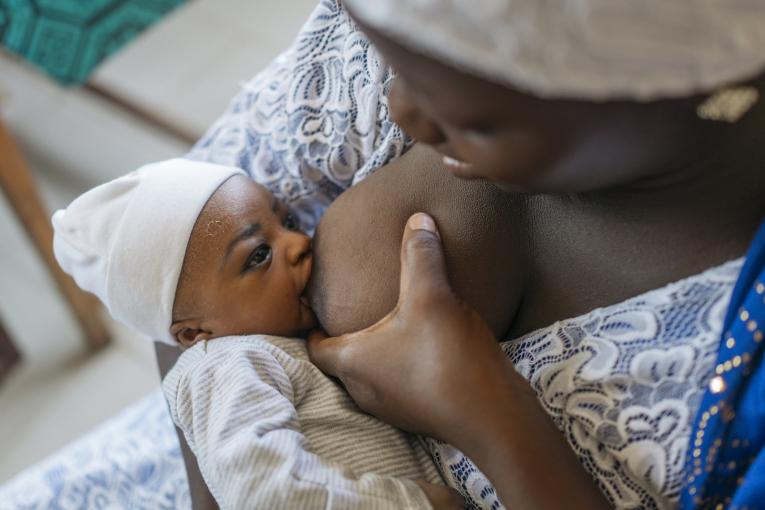AFRICA – In honour of World Breastfeeding Week 2022, UNICEF and the World Health Organization (WHO) have encouraged African governments, donors, civil society, and the private sector to dedicate more resources to safeguard, enhance, and support breastfeeding policies and programmes.
As worldwide issues threaten the health and nutrition of millions of newborns and children, the fundamental importance of breastfeeding as the best possible start in life is more important than ever.
UNICEF and WHO are urging African countries to equip health and nutrition professionals in institutions and communities with relevant skills in order for them to offer excellent breastfeeding counselling and practical assistance to mothers.
Furthermore, countries were asked to completely embrace and execute the International Code of Marketing of Breast Milk Substitutes as part of worldwide efforts to safeguard caregivers and health care professionals from the formula industry’s unethical marketing influence.
During this year’s World Breastfeeding Week, under the theme “Step up for breastfeeding: Educate and Support,” African nations were also encouraged to create family-friendly laws that allow mothers the time, space, and support they need to breastfeed.
The World Health Organization recommends that mothers give their newborns colostrum, the first kind of breastmilk released after giving birth since it is rich in nutrients, antibodies, and antioxidants.
Breastfeeding should begin within the first hour of delivery, with the infant receiving solely breast milk for the first 6 months and continuing to nurse for up to 24 months or longer, with the introduction of timely, nutritionally appropriate, and safe complementary solid meals at 6 months.
In the first hour of life, less than half of all newborn newborns are nursed, making them more susceptible to illness and death. Additionally, just 44% of newborns receive solely breast milk during their first six months of life, falling short of the World Health Assembly’s goal of 50% by 2025.


Thanks for your blog, nice to read. Do not stop.